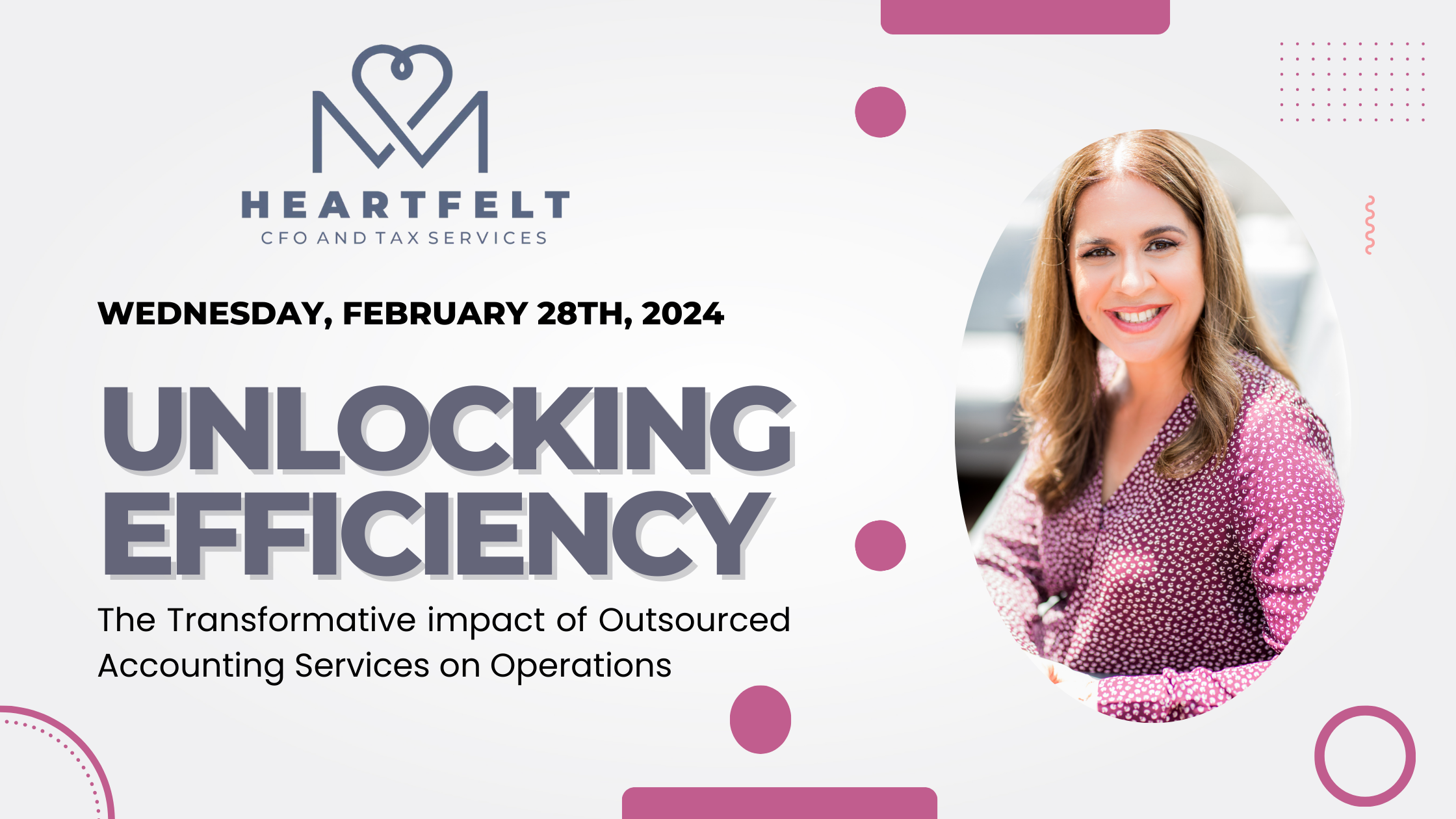Congress’ New Bill
On July 30, 2015, Congress did something it rarely does: they passed a bill that had been introduced less than a month later. The bill is known as the “Surface Transportation and Veterans Health Care Choice Improvement Act of 2015.” This bill extended transportation funds, which were set to run out, until October 29, 2015.
The Tax Changes
Reporting Requirements Modified for Mortgages
New information is now required on the 1098 form that lenders are required to send borrowers who pay more than $600 in mortgage interest within a given tax year. These forms now must state the amount of the mortgage on its original date and the outstanding principal. This change effects section 6050H of the Tax Code and will likely show up on an individual’s statements after December 31, 2016. For real estate investors who deal with borrowers this is important information to be aware of.
Acquiring an Estate
Section 6035 of the Tax Code requires an executor of the estate to be responsible for filing an estate tax return. Now, with the new bill, the executor must also provide information returns to the IRS and to the benefactors who are inheriting the estate. These changes take place immediately, as of June 31, 2015 when the bill was signed.
These additional requirements are meant to keep reporting of estate values consistent and accurate. Occasionally there are found to be differences between the cost basis reported by beneficiaries vs. that reported for estate tax purposes. This new law requires that the inherited estate not have a higher basis than that reported for estate tax purposes. Our forensic accounting firm and forensic auditors can help ensure that this is done right.
Tax Return Date Changes
The new law makes modifications to the extension time allowed for many returns, such as for form 1065, which now has a 6-month extension period ending on September 15th. Form 1041 now has a 5 ½ month period, which ends on September 30th. Form 5500’s automatic extension ends 3 ½ months after its due date on November 15th. Forms 4720, 5227, 6069, and 8870’s have automatic 6-month extensions from their due dates.
NY small businesses and businesses throughout the US need to take note of these new tax changes especially! Partnership tax returns are now due to be filed on March 15 for calendar year partnerships and the 15th day of the third month after the close of the fiscal year for fiscal partnerships. This changes the due date by one whole month, as the returns were previously due by April 15th.
S corporation tax returns are now due to be filed on the 15th day of the fourth month following the close of a calendar year end corporation or a fiscal corporation. For a calendar year end corporation then this makes the due date April 15th. This basically swaps the two (partnerships and corporations) as now the S corporations have one additional month to file. Our accountants, bookkeepers, and forensic accountants are happy to help your business succeed by ensuring taxes are done right and on time!
Both partnerships and S corps and other certain corporations are now allowed a 6 month extension through 2026. All of these changes will take place from December 31, 2015—expect for C corporations. C corps are being granted another 10 years before they have to make this change. Make sure your business is following these new changes and all others by outsourcing your bookkeeping, because successful businesses follow good business practices!
The due date for foreign trust reporting is also changing with this new law. The due date of Form 3520-A has been changed to be due the 15th day of the third month after the close of the trust’s fiscal year. Form 3520 is now due on Apiril 15th.
The largest date change affects the Report of Foreign Bank and Financial Accounts aka the, “FinCEN Report,” (which was once the “FBAR return.”) This return is now due April 15th, which is about 2 ½ months earlier than pervious years.
Understanding and keeping track of these changes is a full time job in itself. Hiring Heartfelt CFO and Tax Services for your real estate bookkeeping needs will help you stay organized and up to date with the latest filing requirements. Contact us today for a free business analysis to help your business grow with the services of our professional bookkeeping services.




